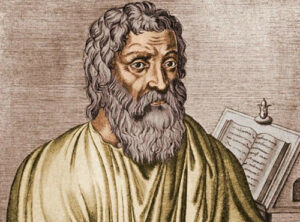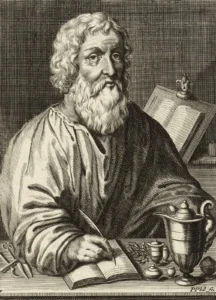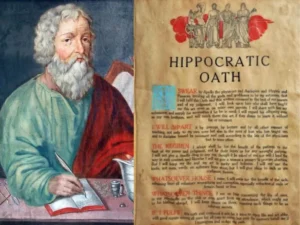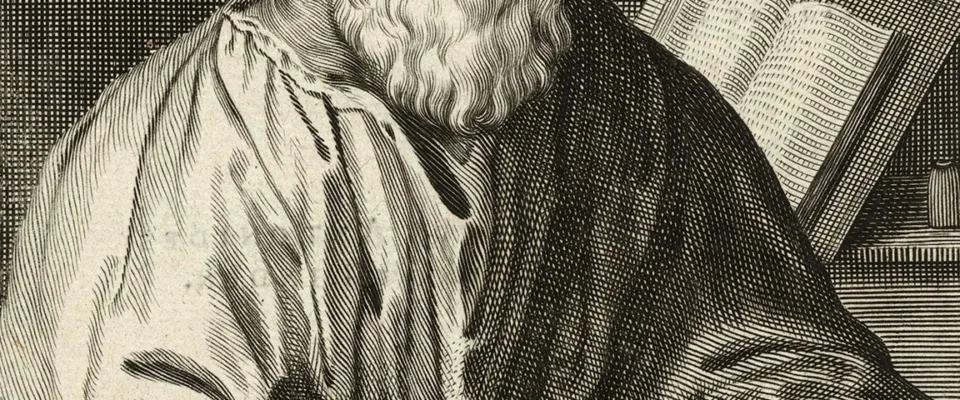Throughout the long history of medicine, Hippocrates is revered as the “Father of Medicine”—the first to establish scientific, ethical, and clinical principles that laid a solid foundation for modern Western medicine.
Biography and Historical Context
Hippocrates was born around 460 BCE on the island of Kos, in ancient Greece. He came from a family with a longstanding tradition in the medical profession and was believed to be a descendant of Asclepius, the Greek god of healing. At a time when medicine was still deeply intertwined with religion, superstition, and magic, Hippocrates chose a different path—seeking the causes of illness in natural, not mystical, elements.
He taught and practiced medicine across various regions of ancient Greece, including Athens and Thessaly. Historical records suggest he passed away around 370 BCE, leaving behind an immense scholarly legacy that has influenced medical thought for millennia.


Contributions to Humanity’s Medical Advancement
🩺 1. Rejecting Superstition, Embracing Evidence-Based Medicine
Hippocrates was the first to reject the notion that diseases were punishments from the gods. He believed that all illnesses had natural causes, which could be explained and treated through observation, clinical analysis, and logical reasoning. This marked a pivotal transition from religious to scientific medicine.
📚 2. The Hippocratic Corpus
Although he did not write all of them himself, more than 60 medical texts compiled in the “Hippocratic Corpus” are attributed to Hippocrates and his disciples. These documents cover a broad range of topics, including diagnosis, prognosis, treatment, medical ethics, diet, surgery, and epidemiology, reflecting a holistic approach to patient care.
⚖️ 3. The Hippocratic Oath – The Ethical Foundation of Medicine
The Hippocratic Oath is one of the oldest and most influential codes of medical ethics. It sets forth fundamental principles for medical practitioners: respect for life, patient confidentiality, non-maleficence, and using knowledge solely to heal. Even today, although modernized versions exist, the Hippocratic Oath remains a timeless symbol of medical professionalism and integrity.

Enduring Legacy
Hippocrates’ name is not only recorded in history books but also deeply rooted in modern medical practice. He helped transform medicine from a mystical art into a scientific profession, intrinsically linked with ethical responsibility and compassion.

